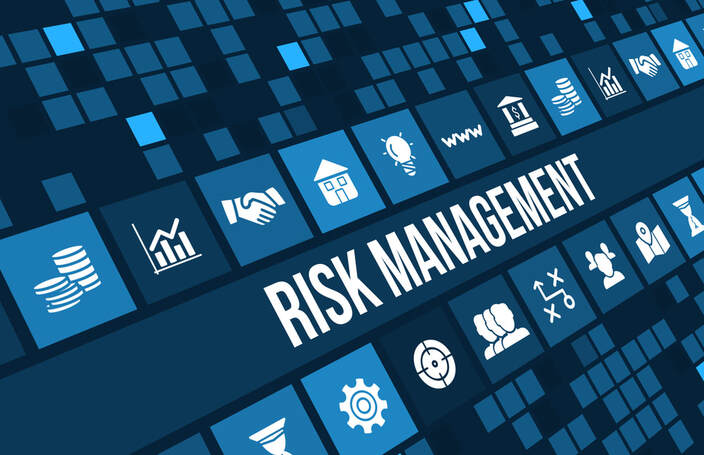The Crucial Role of Product Knowledge in Risk Management: Why Compliance Officers Must Stay Informed
Published on April 5, 2024
In the intricate world of risk management, compliance officers serve as the guardians of regulatory adherence and risk mitigation within financial institutions. However, their effectiveness hinges significantly on their depth of product knowledge.
Failure to grasp the complexities of the products being offered can lead to severe repercussions, ultimately jeopardizing the stability and reputation of the institution.
Here’s why a lack of product knowledge by compliance officers can spell disaster for risk management efforts:
Failure to grasp the complexities of the products being offered can lead to severe repercussions, ultimately jeopardizing the stability and reputation of the institution.
Here’s why a lack of product knowledge by compliance officers can spell disaster for risk management efforts:
- Inadequate Risk Assessment: Compliance officers are tasked with assessing the risks associated with various financial products and services. Without a thorough understanding of these products, they may fail to identify potential risks accurately. Each product comes with its own set of complexities, including regulatory requirements, market dynamics, and potential vulnerabilities. A lack of product knowledge can result in overlooking critical risk factors, leaving the institution exposed to unforeseen dangers.
- Ineffective Compliance Measures: Compliance officers rely on their understanding of products to develop and implement compliance measures tailored to mitigate specific risks. Without comprehensive product knowledge, these measures may be generic or incomplete, failing to address the nuances of each product. This can lead to gaps in compliance and leave the institution vulnerable to regulatory sanctions, fines, or legal actions.
- Inability to Detect Financial Crimes: Financial crimes such as money laundering, fraud, and terrorist financing often involve the exploitation of financial products. Compliance officers play a pivotal role in detecting and preventing these illicit activities by implementing robust monitoring and reporting systems. However, without a deep understanding of how different products can be abused, they may struggle to identify suspicious transactions or patterns, allowing criminal activities to go unnoticed.
- Diminished Regulatory Compliance: Regulatory requirements governing financial products are constantly evolving, requiring compliance officers to stay abreast of changes and ensure adherence. A lack of product knowledge can impede their ability to interpret and apply regulatory guidelines accurately. This increases the risk of non-compliance, exposing the institution to regulatory scrutiny, penalties, and reputational damage.
- Compromised Reputation and Trust: Trust is paramount in the financial industry, and any perceived lapse in compliance or risk management can erode stakeholder confidence. Instances of regulatory violations or financial impropriety resulting from a lack of product knowledge can tarnish the institution's reputation irreparably. Customers, investors, and counterparties may lose faith in the institution's ability to safeguard their interests, leading to loss of business and market share.
Conclusion
In conclusion, product knowledge is not merely a desirable attribute but a fundamental requirement for compliance officers tasked with managing risk within financial institutions. By investing in continuous training and education, institutions can empower their compliance teams to stay ahead of evolving regulatory landscapes and product complexities. Only through a deep understanding of the products they oversee can compliance officers effectively fulfil their mandate of safeguarding the institution and its stakeholders from undue risk and harm.

Written by Oonagh van den Berg, CEO & Founder of RAW Compliance and Virtual Risk Solutions (VRS). She is an award winning compliance officer with over 20 years’ experience in financial services. She is one of the leading voices and trainers globally in compliance risk management and has built and led various compliance risk framework developments and teams across the industry for a diverse range of financial entities, including traditional banks, Fintechs, and Crypto firms. She is also an advocate for ethical compliance leadership and framework development, with increased automation including AI and Machine Learning integration.

